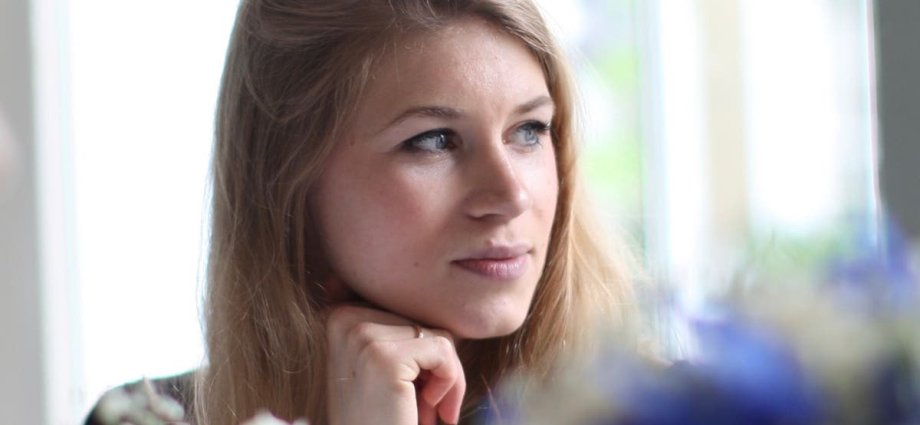On 3 March 2021, Sarah Everard left her friend’s house after dinner. She never made it home. Sarah Everard: The Search for Justice begins with a simple reminder of the barest facts of the case. We all know them already, but that doesn’t make them any easier to read. Going out at night and never coming back: it was, and still is, every woman’s worst fears realised.
These sober opening moments set the tone for a clear-headed and thorough film, which manages to dodge many of the usual true crime tropes: it feels dispassionate and deeply researched rather than overwrought and sensational. Everard’s family worked closely with the filmmakers, but do not appear on camera, and the hour-long documentary is arguably the better for this decision: they shouldn’t have to share their grief on camera, and a programme that made them do so might have felt exploitative.
Instead, The Search for Justice painstakingly sets up a timeline, beginning with 33-year-old Everard’s disappearance and murder in 2021, evoking that strange period when lockdown rules were still in force and London’s streets were eerily quiet. Then, through extensive interviews with Katherine Goodwin, the senior investigating officer in charge of this case, it follows how the Met Police tracked down and charged Wayne Couzens, who is now serving a life sentence for his crimes.
Couzens, of course, was one of their own, a serving police officer who used his warrant card to make Everard get into his car. Another fact that we all know, but, three years on, never loses its capacity to sicken. Goodwin recalls how she was literally floored upon learning that her suspect was a fellow officer, and had to sit on the carpet of her office while she phoned her boss to pass on the news. Her colleague Detective Inspector Nick Harvey then gives his account of interviewing Couzens at his home in Kent, interspersed with body-cam footage.
This video was first made public two-and-a-half years ago, around the time of Couzens’ sentencing; it remains appalling viewing. In this otherwise well-judged film, the decision to include quite so much of this footage strikes a slightly odd note: do we really need to watch this murderer tell lie after lie? Should he receive quite so much air time? Perhaps the filmmakers felt that failing to show his callous behaviour in the aftermath would fail to tell the full story. If so, maybe they do have a point. As the film shares small details about Couzens’ movements in the aftermath of the murder – buying a drink at Costa, phoning the local vet, acts that Goodwin calls “so horrific and so mundane” – it’s hard not to think about the banality of evil.
Later The Search for Justice expands its focus to take in the protests after Everard’s death and to explore how the Met’s claim that Couzens was just “one bad apple” has been upturned by cases like those of David Carrick, a police officer and one of the UK’s most prolific sex offenders. Here, the words “missed opportunities” and “no action was taken” come up again and again, like a depressing chorus of incompetence. The Met, the documentary states, missed numerous red flags that could have alerted them to Carrick’s pattern of behaviour. And there were so, so many times that Couzens could have been apprehended, a fact that last week’s Angiolini inquiry report starkly spelled out once more.
The new documentary was made with the cooperation of Sarah Everard’s family
(BBC / Everard family & friends)
This makes for necessarily frustrating viewing. There are no attempts to give this story any sense of closure or to feign that society has changed in the three years since Sarah’s death: instead, we end with yet more examples of violence against women and girls. As the credits roll, you’re left feeling hollowed out by a mix of roiling anger and aching sadness for Sarah and her family, and for Zara Aleena and Ashling Murphy and all the other women who never came home.
‘Sarah Everard: The Search for Justice’ is on BBC One and BBC iPlayer on 5 March at 9pm











